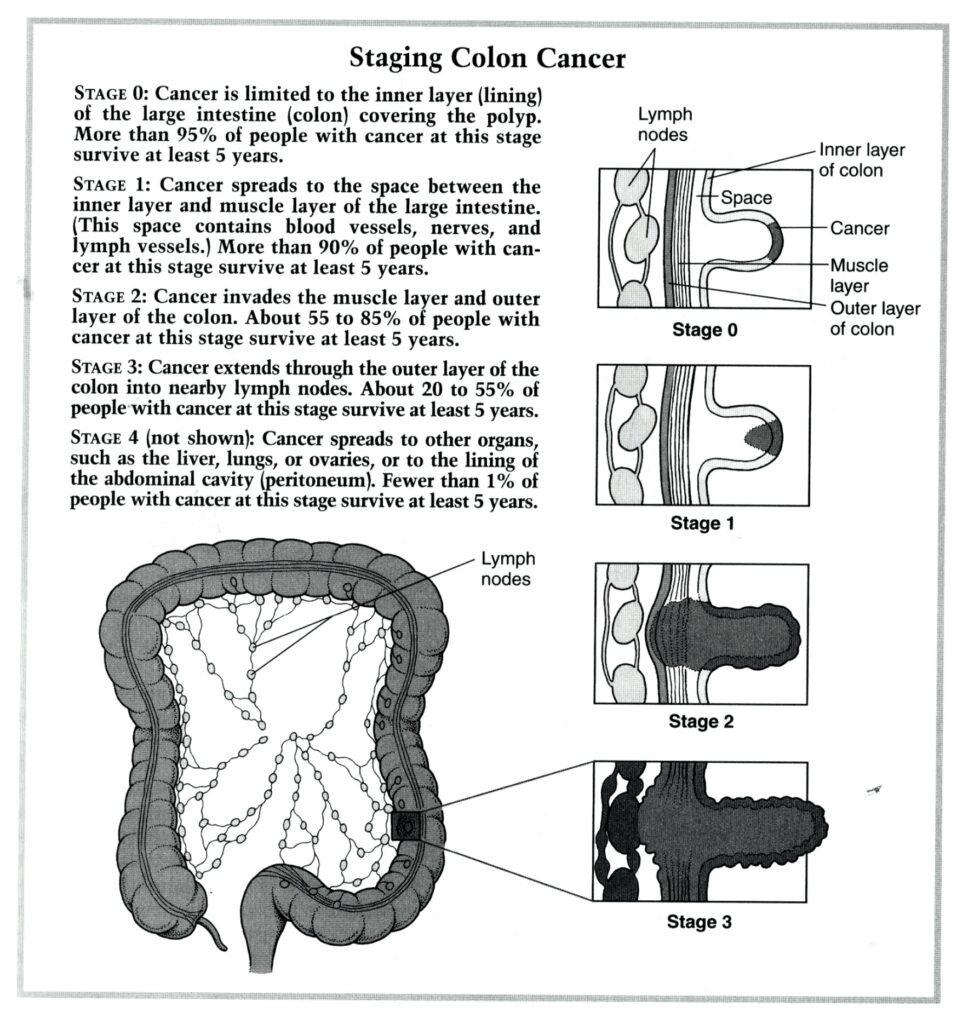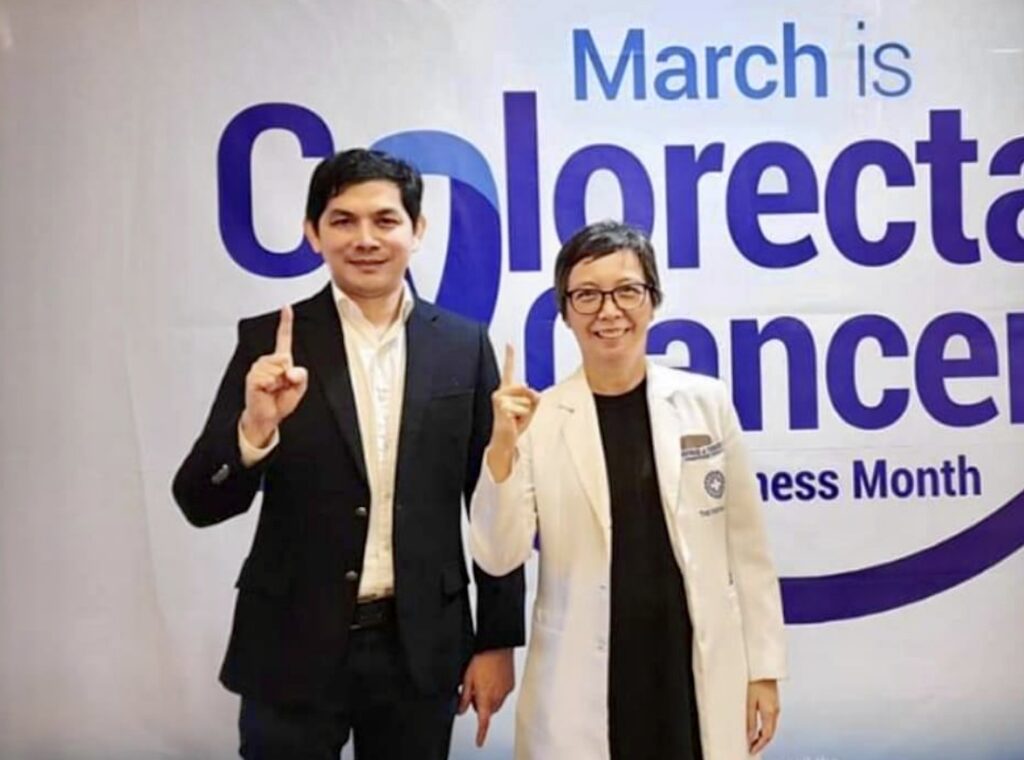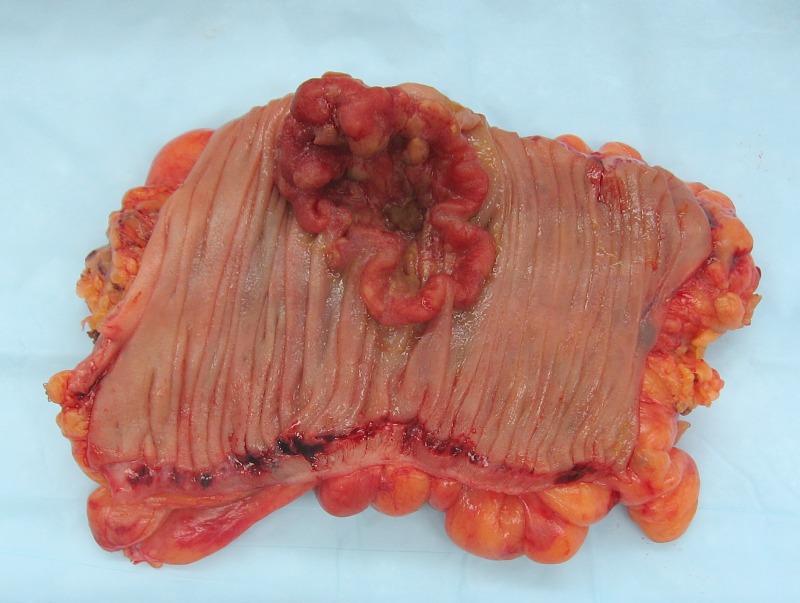By Henrylito D. Tacio
Photos are sourced
What do Hollywood actor Chadwick Boseman (who is Oscar-nominated for his role in Ma Rainey’s Black Bottom), singer Roel Cortez (of “Nakapasakit Kuya, Eddie” and “Baleleng” distinction), and President Corazon “Cory” Aquino had one thing in common? All three died of colon cancer.
In the Philippines, colon cancer is the third most common form of cancer, according to Dr. Jun R. Ruiz, a gastroenterologist at The Medical City. “Despite it being one of the most treatable and preventable cancers,” he points out.
Colon cancer is always associated with rectal cancer; thus, medical science calls it colorectal cancer (CRC). Among gastrointestinal cancers, CRC is now the number one; it has already overtaken liver cancer.
Data from the Philippine Society of Gastroenterology (PSG) showed over 3,000 new cases annually. Of this figure, over 2,000 dies. That’s only based on reported cases, pointed out PSG’s Dr. Frederick Dy.
“Among cancers, colon cancer stands out as a disease that can be largely prevented, but few people believe it will happen to them,” says Dr. Ruiz, who is a diplomate of the American Board of Internal Medicine in Gastroenterology and of the Philippine College of Physicians in Internal Medicine.
Recent studies show CRC is preventable and treatable. “If it is early stage and localized within the colon, the cure is 100 percent,” says Dr. Ruiz. “If it had spread to lymph nodes or distant organs, the 5-year survival rate is much lower.”

Dr Jun Ruiz 
Staging colon cancer
Preventive and treatment measures can only be initiated if discovered early. “Colorectal cancer screening has been shown to reduce the risk of death by around 70%,” says Dr. Ruiz, adding that the campaign for CRC screening around the world started in the United States in 2000.
March is the Colorectal Cancer Awareness Month. Yet, only very few Filipinos are aware of this, much more of the campaign for CRC screening. “This fight against the world’s second deadliest cancer is an uphill battle in the Philippines,” Dr. Ruiz deplores.
“The lack of national population-based CRC screening program and the big financial burden of CRC screening on the patient are barriers to this campaign,” he laments. “In addition, several local health maintenance organizations still refuse to pay for CRC’s screening strategies. There is also an apparent lack of awareness among the primary health providers of the screening guidelines for colorectal cancer screening.”
The current coronavirus disease 2019 (COVID-19) pandemic has severely challenged the provision of routine health care, including CRC screening. It’s happening not only in the Philippines but in most parts of the world as well.
“These screening programs throughout the world ceased operating primarily due to fear of SARS-CoV2 transmission and from decreasing health care resources,” Dr. Ruiz assumes. “There is a real risk of spreading and being infected during an endoscopy examination, due to the potential aerosol-producing nature of these procedures.”
As a result of the interruption of CRC screening and surveillance procedures, diagnosis of CRC, possibly in a more advanced stage, is delayed. “Published articles have shown that delaying colonoscopy by 9 months after a positive Fecal Immunochemical Test (FIT) can lead to increased risk of CRC and advanced stage CRC,” Dr. Ruiz says.
Until now, no one knows what causes CRC. “But there are certain risk factors that can increase a person’s chances of getting and dying from this type of cancer,” says the Philippine Cancer Society (PCS). “Some risk factors for CRC cannot be controlled, such as having a family history of this cancer type, age, and ethnicity.
“A person with a history of chronic inflammatory bowel disease also has a higher risk for developing CRC,” PCS says. “However, some lifestyle habits that increase the risk may be managed such as avoiding a diet high in animal fat and low in fiber, couch potato lifestyle with no exercise, drinking alcohol, obesity and smoking.”

According to the Johns Hopkins Colon Cancer Center in Baltimore, Maryland, there are symptoms that could indicate colon cancer. If you’re over 50, don’t wait for these symptoms to develop before you get a screening test:
Change in bowel habits such as diarrhea, constipation, or narrowing of the stool that lasts for more than a few days; feeling that you need to have a bowel movement that is not relieved by doing so; rectal bleeding or blood in the stool; cramping or steady abdominal (stomach area) pain; decreased appetite; weakness and fatigue; and jaundice (yellow-green discoloration of the skin and white part of the eyes).
Other conditions such as infections, hemorrhoids, and inflammatory bowel disease can also cause these symptoms. But it is important to talk to the doctor since finding CRC early makes successful treatment more likely. It is also possible to have colon cancer and not have any symptoms. If the doctor suspects colon cancer, more tests will need to be done.
“Almost all of CRCs start as abnormal growths in the lining of the colon and rectum called polyps,” Dr. Ruiz says. “These polyps grow slowly and it may take around 10 years for some polyps to develop into cancer. However, not all polyps progress to cancer. The removal of these polyps reduces the risk of developing cancer.”
In the United States and most industrialized countries, CRC screening is recommended for average-risk people starting the age of 50. Screening at an earlier age, usually at 40, is advocated in first-degree relatives of patients with CRC and those with other additional risks.
Colonoscopy is the gold standard for CRC screening as it can detect and remove pre-cancerous polyps. “The procedure involves a flexible fiber-optic scope with a camera that is inserted through the rectum and is carefully advanced to visualize the colon under mild anesthesia,” explains Dr. Ruiz.
In the Philippines, colonoscopy can cost between P15,000 to P30,000, depending on the hospital.
Some patients may not want to have an invasive test. A stool test called FIT is a good screening alternative and is not expensive (it costs less than P500). “(FIT) detects only human blood and is specific for bleeding in the colon,” Dr. Ruiz states. “The test is repeated every year if the initial test is negative. If the test is positive, a colonoscopy is needed to rule out the presence of cancer.”
As the lead advocate for CRC screening of the Augusto P. Sarmiento Cancer Institute of The Medical City, Dr. Ruiz recommends a screening colonoscopy in persons between 50 to 75 years of age who are healthy and in whom the complications are low.
“If the patient does not want to start with a colonoscopy, I suggest starting with FIT,” he says. “After a discussion with his physician, the patient can choose his preferred screening test.”
As stated earlier, colon cancer is treatable when discovered early. But if cancer has already invaded other tissues, it may be too late.
Emmy-winning American comedian and actor Milton Berle was told he had a cancerous colon tumor in 2001, but he refused surgery; he died in Los Angeles, California, the following year.

